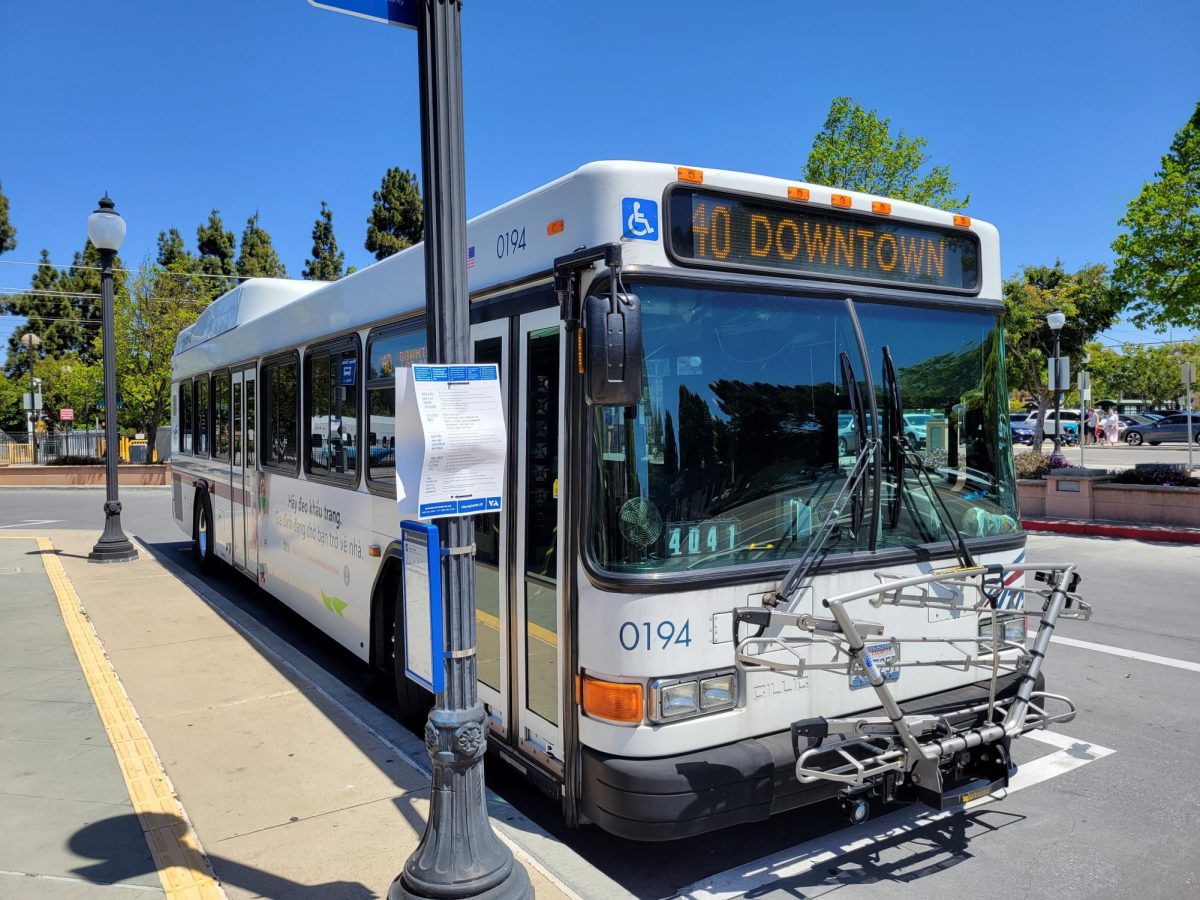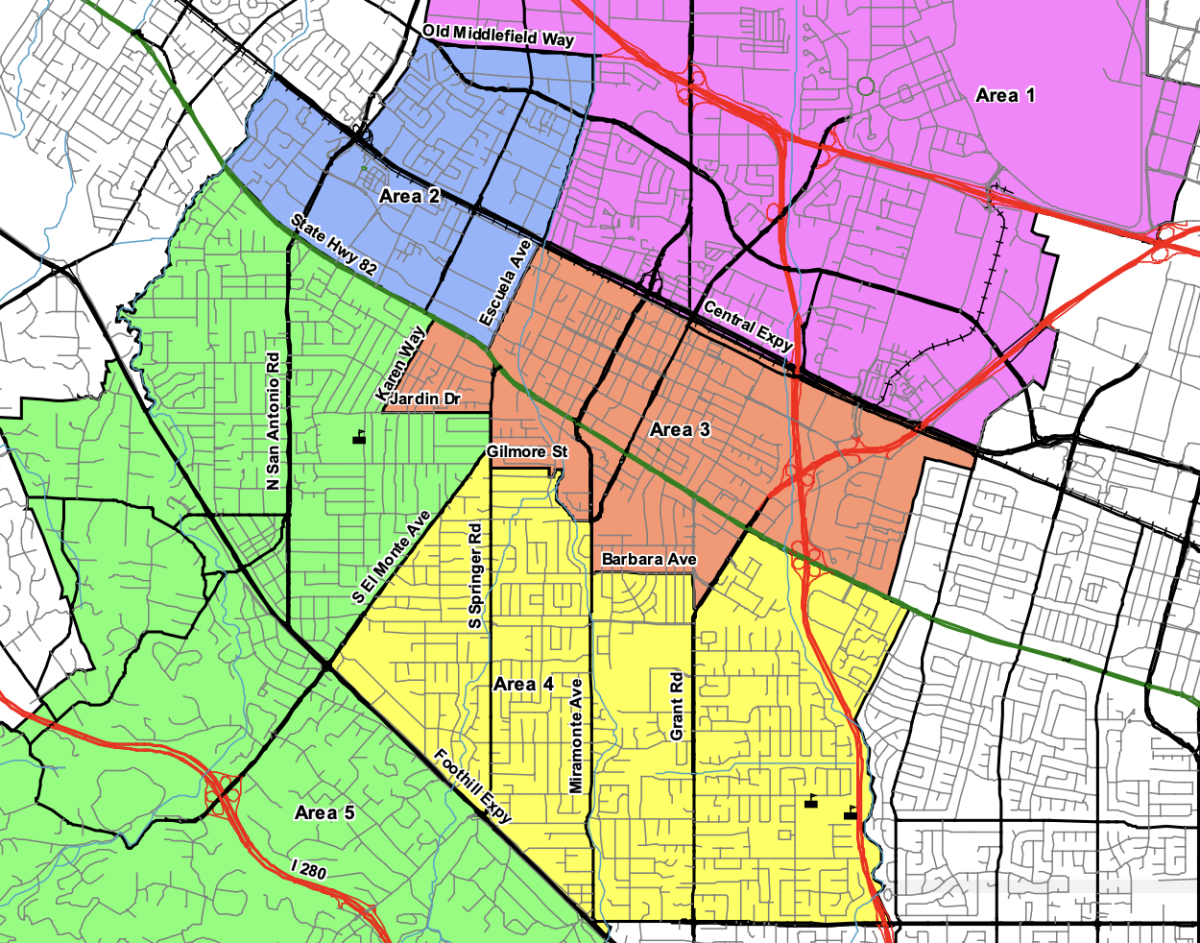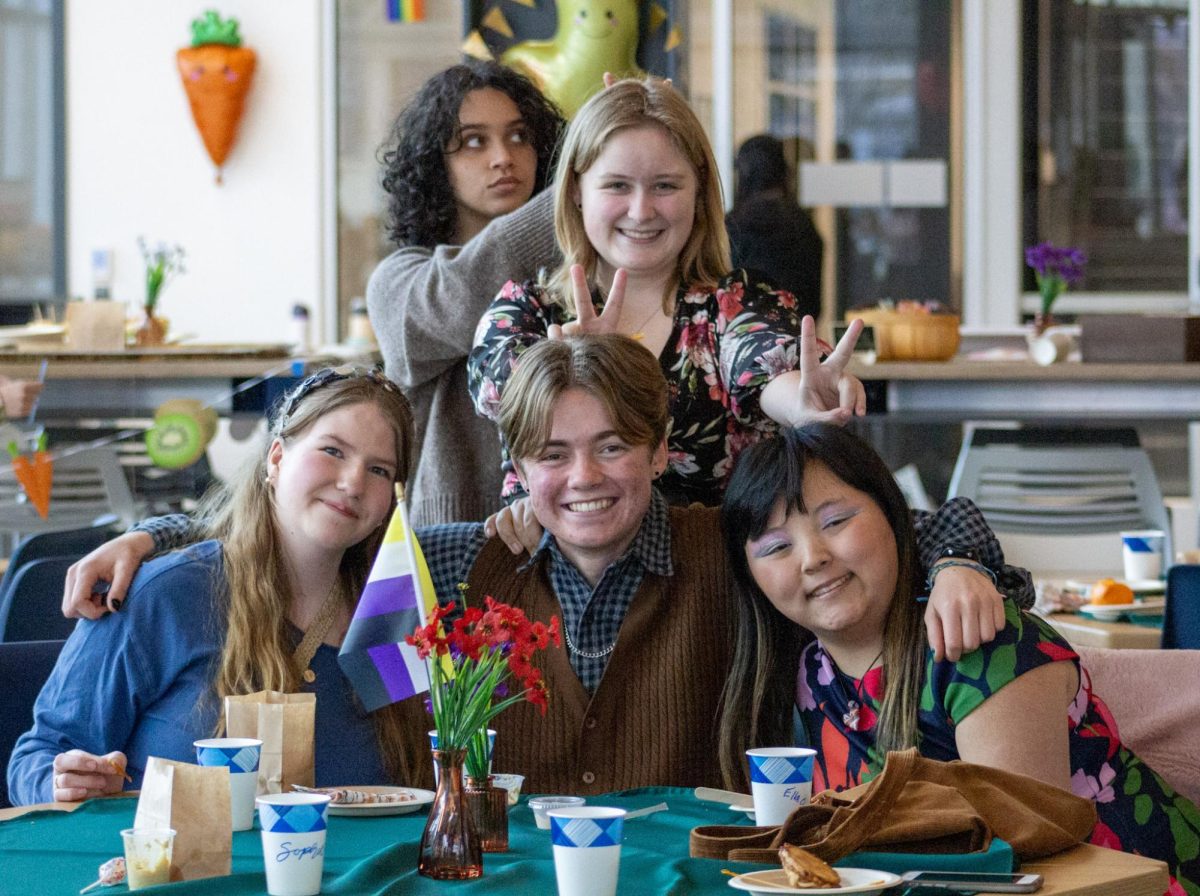But that is exactly what I got last week by traveling to the China-Myanmar border area to visit Chinese village schools with the leaders of Teach for All, the network of 32 countries that have adopted the Teach for America model of recruiting highly motivated college graduates to work in their country’s most underprivileged schools. What was so refreshing about spending four days with leaders of Teach for Lebanon, Teach for China, Teach for India and all the others was the fact that, since 9/11, I’ve spent so much time writing about people who are breaking things and so little time covering people who are making things. This was a week with the makers.
Indeed, I could not help but remark to Wendy Kopp, the founder of Teach for America and C.E.O. of Teach for All, that Teach for All is “the anti-Al Qaeda.” It is a loose global network of locally run teams of teachers, who share best practices and target young people in support of a single goal. But while Al Qaeda and its affiliates try to inspire and enable young people to be breakers, Teach for All tries to inspire and enable them to be makers. Yes, plenty of terrorists are also well educated, but their ability to resonate and enlist followers diminishes the more people around them have the tools to realize their full potential.
Groups like Teach for China, which hosted the Teach for All network at village schools here, are too new to determine whether they can make a difference in helping their lowest-performing schools succeed. But if raw idealism and willingness to take up the hardest challenges count for anything, you have to be hopeful. Traveling here last week was like spending four days with 32 Malala Yousafzais from 32 different nations.
Lu Li, 23, who graduated from the University of South Carolina in May, returned home to teach math as a Teach for China fellow here. It was not easy, she said: “My parents could not understand the choice I made” after getting a degree. “They have never been exposed to this sort of community service. They are kind people, but they don’t think it is necessary to go to rural China to do education for two years, and, especially as a girl, my father expects me to marry. … My father is still struggling to understand my choice. I want to work hard and show him that my choice is right.”
Sandeep Rai, 28, is an Indian-American who did Teach for America in Washington, D.C., and then became a leader of Teach for India. “In India, we’ve had 750 fellows sign up [to teach] this year, and when we started in 2009, people said you will not get anyone to sign up. It is a testament to the power of building things. I think people are waiting to be inspired. National governments have not figured out how to tap into the idealism of young people. I thought that after two years I would be in and out, and eight years later I’m still here.”
Mohammed Fakhroo, 28, of Teach for Qatar said he started his organization because average students in Qatar are three years behind their peers in industrialized nations. With so much oil and gas money in their country, many Qataris believe they don’t need education to be prosperous. “Teachers in the Arab world come from the bottom third of their classes,” he explained. “If you weren’t smart, you became a teacher. … Our theory of change is that by getting the smartest in our society — who would [normally] go into the oil and gas sector — to become teachers, they will be the new role models and be advocates for changing the norms” because Qatar will eventually need “a knowledge-based society.”
Franco Mosso, 27, the founder of Teach for Peru, EnseñaPerú, told me: “What I see in my own country is a lack of belief” in the potential of the less advantaged people. His group, he explained, is built on the principle of “always pushing the bar higher in believing in people, that they all have potential.”
Alden DiIanni-Morton, 24, a Dartmouth graduate, is working as a program manager for Teach for China. She grew up in Chinatown in Boston. “I could have stayed in the U.S.,” she said, “but I think there is a huge interest in making educational equity a global question.” Issues like the environment, poverty and educational equity need to be thought of as global problems, “because everyone everywhere” will be impacted by them “if they’re not addressed.”
No one has to tell that to Khalil Youssef, one of the founders of Teach for Lebanon: “It is no coincidence that the most deprived and marginalized regions in Lebanon — and the world — are prone to adopt rejectionist, politically dogmatized, violent politics,” he says. “Good education and building high-quality human capital are the sine qua nons for good integration in society and access to a respectable life.”
Which is why, concludes Kopp, investing in smart schools and kids pays so many more dividends than smart bombs. Education, she notes, is the only constructive force that’s universal and powerful enough to make a difference in reversing the biggest global threats.








